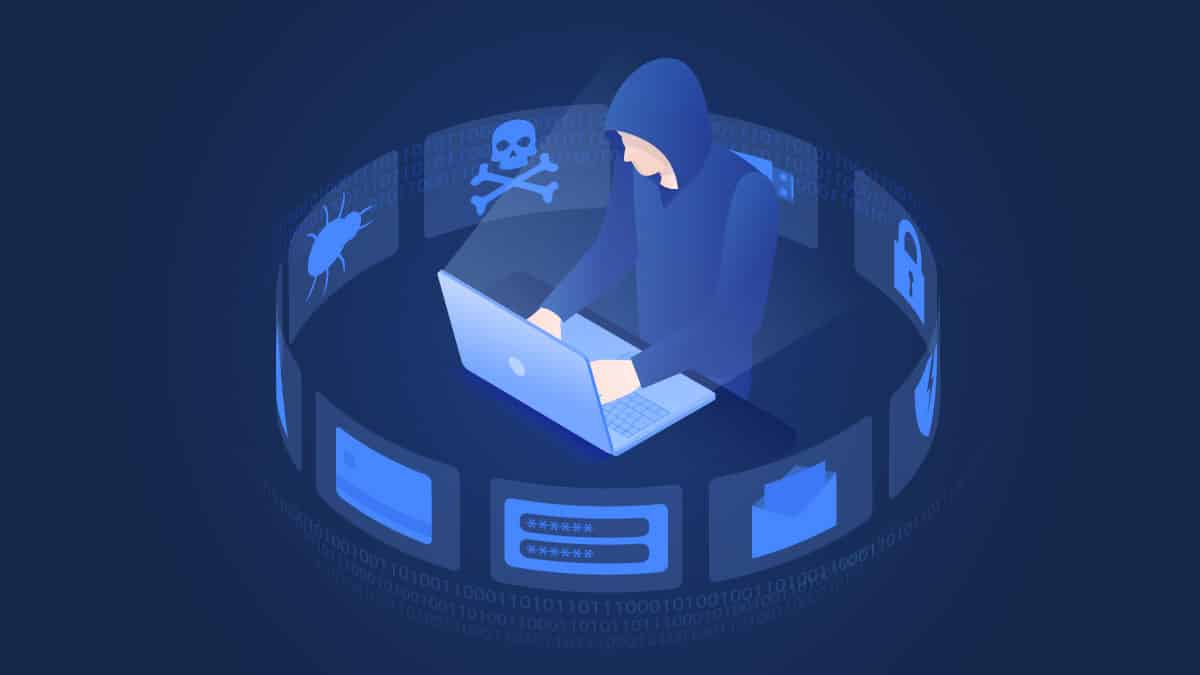Cyber Espionage is a type of online espionage or malicious activity, executed by a person or entity, in which the intention is to extract sensitive information or data from a computer system. This type of espionage is often carried out without the knowledge or consent of the target, and involves the unauthorized access of people, data, and systems.
In the context of modern technology and information sharing, cyber espionage can take many different forms, including phishing, malware, and denial of services attacks. The goal of this type of online spying is to gain access to sensitive information that can be used for corporate or political gain, or to damage a person or business.
To combat cyber espionage, individuals and organizations should take measures to protect their digital assets, such as properly configuring encryption methods, implementing multi-factor authentication, and regularly conducting vulnerability tests. Additionally, governments and authorities around the world are taking steps to increase the safety of data and networks, by introducing regulations and frameworks and creating international partnerships dedicated to cyber security.
While cyber espionage is a serious threat to data and infrastructure security, it can also be used for good. For example, intelligence agencies may use cyber espionage to track down terrorists or other malicious actors, as well as to gain information about foreign governments or business practices.
Overall, cyber espionage is a growing concern in the digital era. With the prevalence of online activity, it is important to understand how sensitive data or information can be exploited for malicious purposes, and to practice sound cyber security measures.






